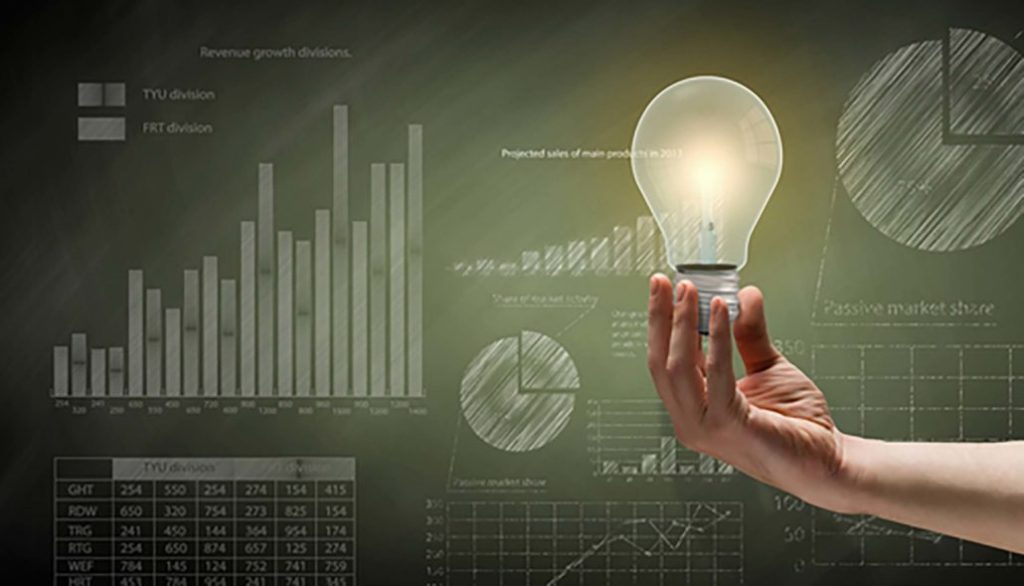Energy management
Courtesy : lokesh
Energy management is the process of tracking and optimizing energy consumption to conserve usage in a building.
There are few steps for the process of energy management : 1) Collecting and analyzing continuous data . 2) Identify optimizations in equipment schedules, set points and flow rates to improve energy efficiency. 3)Calculate return on investment. units of energy saved can be metered and calculated just like units of energy delivered. 4) Exceute energy optimization solutions. 5)Repeat step two to continue optimizing energy efficiency.
Energy management is the means to controlling and reducing a building’s energy consumption, which enables owners and operators to:
.. Reduce carbon emissions in order to meet internal sustainability goals and regulatory requirements.
.. Reduce risk – the more energy you consume, the greater the risk that energy price increases or supply shortages could seriously affect your profitability. with energy management solutions. You can reduce this risk by reducing your demand for energy and by controlling it so as to make it more predictable.
.. As energy management has developed, the role within an organisation has changed over time.




